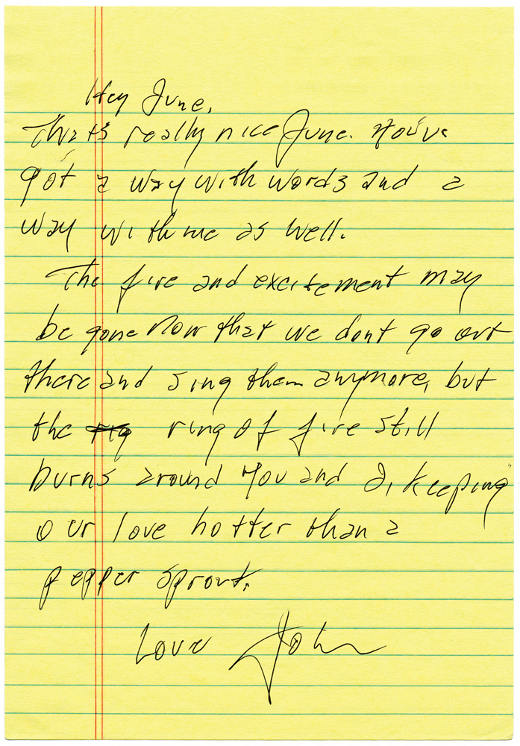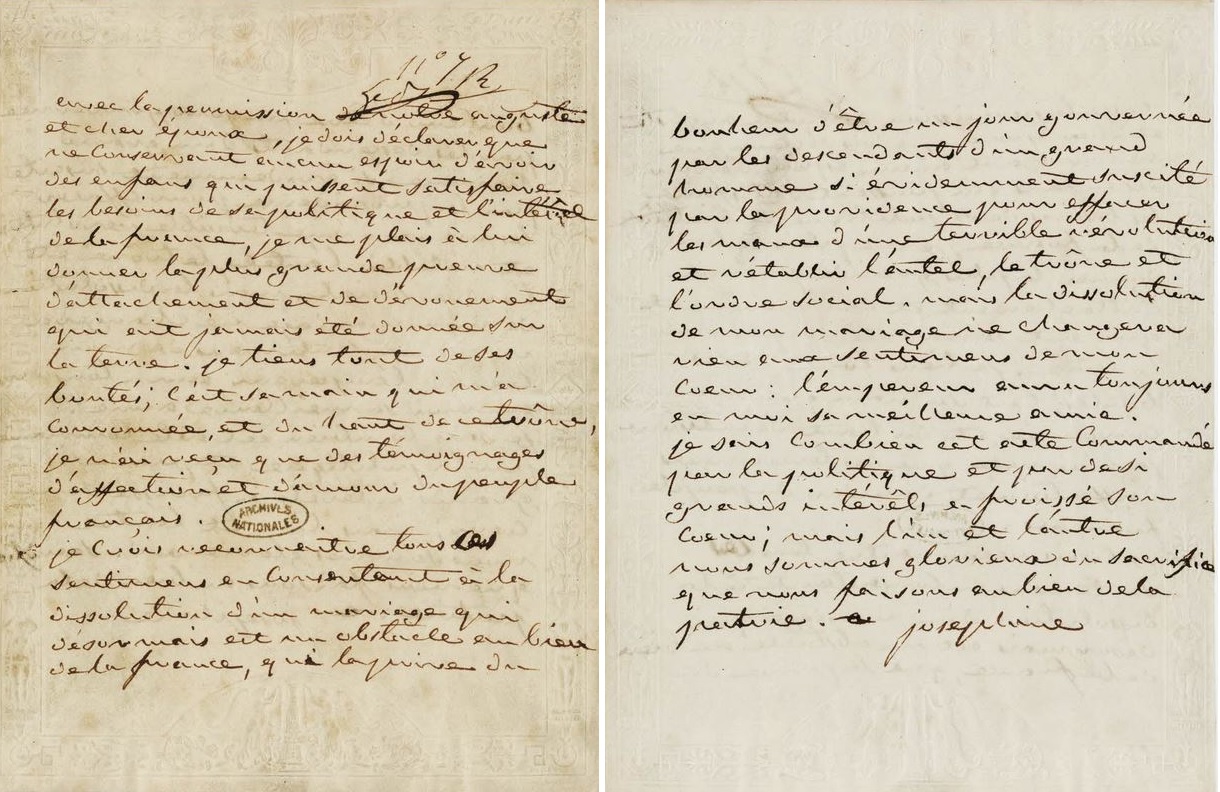- HOME
- ABOUT ME
- movies
- MEDIA
- L.Onerva
- Eino Leino
- Eeva-Liisa Manner
- Erään Opon päiväkirja
- Elämänkenttäni
- Elämäni ”viiva”
- Käyttöteoriani – se miten minä ohjaan
- Kulttuuritietoinen ja kansainvälistyvä ohjaus
- Ohjauksen järjestäminen maahanmuuttajakoulutuksessa
- Ohjauksen yhteiskunnallinen viitekehys
- Ohjaukäsite
- Oma opiskeluorientaatio
- Opiskelijoiden yksilöllisyys ohjauksessa
- EETTISET KYSYMYKSET
- Psykososiaalisen kehityksen teoria
- Suhteeni erilaisuuteen ja tehtäväni opinto-ohjaajana
- Opinto-ohjauksen ja erityisopetuksen yhtäläisyyksiä ja eroja
- Kehitykseni opinto-ohjaajana
- Maahanmuuttajan uraohjaus
- Maahanmuuttajien ohjaus ja neuvonta: kuka, mitä, miten?
- Ohjauksen tulevaisuus
- Elämänkenttäni
- Mariana Marin
- Claudiu Komartin
- Mariana Codrut
- Roland Erb
- Romanian poetry
- ESSAYS
- STORIES
- CLASSIC POETRY
- CONTEMPORARY POETRY
- TRANSLATED POEMS
- READING POETRY
- CONTACT
- translated Italian-English
- translated Italian-Romanian
- translated Spanish-English
- translated Spanish-Romanian
May, 2012
Mother o’ Mine
POSTED IN translated English-Finnish May 13, 2012
|
If I were hanged on the highest hill, If I were drowned in the deepest sea, If I were damned of body and soul, |
Jos korkeell’ kukkulall’ mut’ hirtettäis’, Jos syvimpään mereen mut hukutettais’ Jos ruumiini ja sieluni kirottais’ |
Finnish version by Magdalena Biela
Kulttuuri – kansan syntymätodistus
POSTED IN essays May 12, 2012
| Kuulttuurin maailmaan Suomi tulee nuorena, tuoreena, täynnä itseluottamusta, ylpeänä, riippumattomana, suomen kielen ja kirjallisuuden kanssa! “Alussa oli sana…”. Niin, ensin oli suomen kielen ihme, kansalliseepoksen, Kalevalan säkeitä raskaina talviöinä laulavan suomen kielen. Sitten puhuttu sana kirjoitettin. Sitten siitä tuli metafora ja henkilöllisyystodistus. Eino Leino, Aleksis Kivi, Otto Manninen, L. Onerva… Mitä merkitsee suomen kieli, suomalainen runo ja kirjallisuus? Quod capitat tot sententiae. Eksoottinen, outo, vaikea ymmärtää, helppo tulkita, looginen, epälooginen, kaunis, siettämätön, runollinen, kivikkoinen… Näitä kuulen joka päivä ympärilläni. Tietysti minullakin on oikeus määritelmään. Minulle suomi on Euroopan loogisin kieli; mutta tarvitaan kärsivällisyyttä, aikaa ja ennen kaikkea rakkautta, jotka voisi lähteä suomen kielen ja runouden salojen selvittämisen seikkailuun. Oppia ajattelemaan tällä kielellä, uneksimaan tällä kielellä. Jokaisessa kielessä on olemassa “kaipaus”. Kaipaus, josta puhun, on kanssalliskielen kaipaus, identiteetin kaipaus. Jos et voi enää kunnioittaa omaa kieltäsi, silloin kadotat nimesi, olemuksesi ja silloin ääreton kaipaus täyttää sinut. Kun asut vieraassa maassa yrität säilyttää elävänä sydämessäsi ja mielessäsi äidinkielesi ja samalla yrität oppia ajattelemaan tuon vieraan maan kielellä. Omalla kielelläsi sinulla on ikävä äitiä, omalla kielelläsi hymy on hymy, sillä opit mitä on elämä ja vain omalla kielelläsi voit lakata itkemästä. Jokaisella maalla on oikeus luoda oma taiteellinen valuuttansa, joka ei voi koskaan menettää arvoaan ja joka tulee aina olemaan sen syntymätodistus. Mitä enemmän se on edustettuna, sitä tunnetumpi se on koko maailmassa. Suomalaista runoutta pitäisi kääntää jokaiselle kielelle ja tehdä tunnetuksi. Ottakaamme se vastaan leivän ja suolan kanssa, niin kuin minun maassani on tapana! |
||||
by Maria Magdalena Biela
Napoleon vers Josephine
POSTED IN essays May 5, 2012
|
Je n’ai pas passé un jour sans t’aimer ; je n’ai pas passé une nuit sans te serrer dans mes bras ; je n’ai pas pris une tasse de thé sans maudire la gloire et l’ambition qui me tiennent éloigné de l’âme de ma vie. Au milieu des affaires, à la tête des troupes, en parcourant les camps, mon adorable Joséphine est seule dans mon coeur, occupe mon esprit, absorbe ma pensée. Si je m’éloigne de toi avec la vitesse du torrent du Rhône, c’est pour te revoir plus vite. Si, au milieu de la nuit, je me lève pour travailler, c’est que cela peut avancer de quelques jours l’arrivée de ma douce amie, et cependant, dans ta lettre du 23 au 26 ventôse, tu me traites de vous.
Vous toi-même ! Ah ! mauvaise, comment as-tu pu écrire cette lettre ! Qu’elle est froide ! Et puis, du 23 au 26, restent quatre jours ; qu’as-tu fait, puisque tu n’as pas écrit à ton mari ?… Ah ! mon amie, ce vous et ces quatre jours me font regretter mon antique indifférence. Malheur à qui en serait la cause ! Puisse-t-il, pour peine et pour supplice, éprouver ce que la conviction et l’évidence (qui servit ton ami) me feraient éprouver ! L’Enfer n’a pas de supplice ! Ni les Furies, de serpents ! Vous ! Vous ! Ah ! que sera-ce dans quinze jours ?…
Mon âme est triste ; mon coeur est esclave, et mon imagination m’effraie… Tu m’aimes moins ; tu seras consolée. Un jour, tu ne m’aimeras plus ; dis-le-moi ; je saurai au moins mériter le malheur… Adieu, femme, tourment, bonheur, espérance et âme de ma vie, que j’aime, que je crains, qui m’inspire des sentiments tendres qui m’appellent à la Nature, et des mouvements impétueux aussi volcaniques que le tonnerre. Je ne te demande ni amour éternel, ni fidélité, mais seulement… vérité, franchise sans bornes. Le jour où tu dirais «je t’aime moins» sera le dernier de ma vie. Si mon coeur était assez vil pour aimer sans retour, je le hacherais avec les dents.
Joséphine, Joséphine ! Souviens-toi de ce que je t’ai dit quelquefois : la Nature m’a fait l’âme forte et décidée. Elle t’a bâtie de dentelle et de gaze. As-tu cessé de m’aimer ? Pardon, âme de ma vie, mon âme est tendue sur de vastes combinaisons. Mon coeur, entièrement occupé par toi, a des craintes qui me rendent malheureux… Je suis ennuyé de ne pas t’appeler par ton nom. J’attends que tu me l’écrives. Adieu ! Ah ! si tu m’aimes moins, tu ne m’auras jamais aimé. Je serais alors bien à plaindre.
|
||||
Johnny Cash to June Carter
POSTED IN essays May 3, 2012

|
Transcript
That’s really nice June. You’ve got a way with words and a way with me as well. The fire and excitement may be gone now that we don’t go out there and sing them anymore, but the ring of fire still burns around you and I, keeping our love hotter than a pepper sprout. Love John |
||||
Ted Hughes to Sylvia Plath
POSTED IN essays May 1, 2012
|
“Last Letter” by Ted Hughes
What happened that night? Your final night.
Double, treble exposure Over everything. Late afternoon, Friday, My last sight of you alive. Burning your letter to me, in the ashtray, With that strange smile. Had I bungled your plan? Had it surprised me sooner than you purposed? Had I rushed it back to you too promptly? One hour later—-you would have been gone Where I could not have traced you. I would have turned from your locked red door That nobody would open Still holding your letter, A thunderbolt that could not earth itself. That would have been electric shock treatment For me. Repeated over and over, all weekend, As often as I read it, or thought of it. That would have remade my brains, and my life. The treatment that you planned needed some time. I cannot imagine How I would have got through that weekend. I cannot imagine. Had you plotted it all? Your note reached me too soon—-that same day, My love-life grabbed it. My numbed love-life Their obsessed in and out. Two women That night That Sunday night she eased her door open Susan and I spent that night What happened that night, inside your hours, At what position of the hands on my watch-face |
||||

Copyright © 2024 by Magdalena Biela. All rights reserved.




